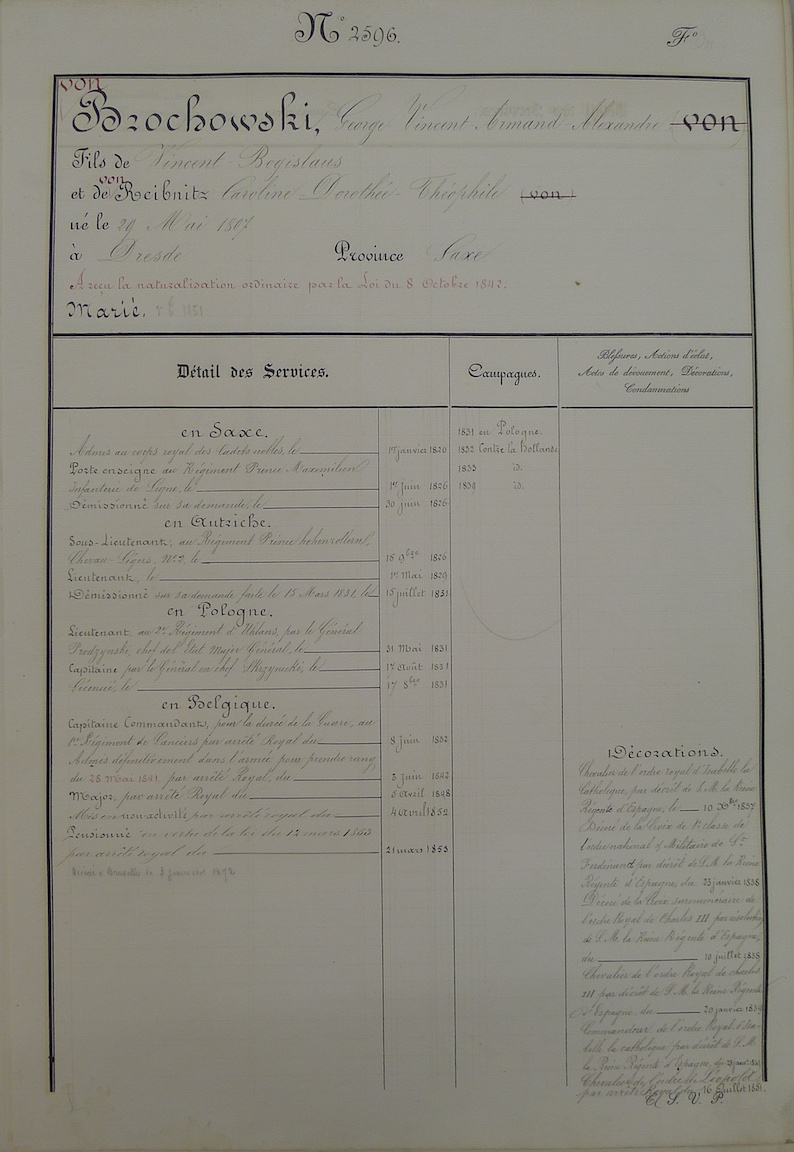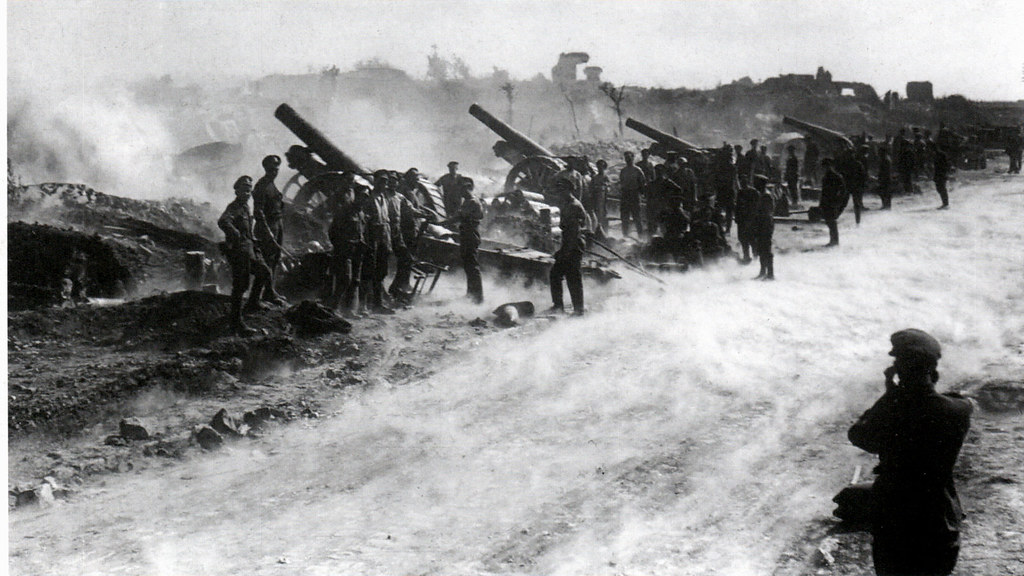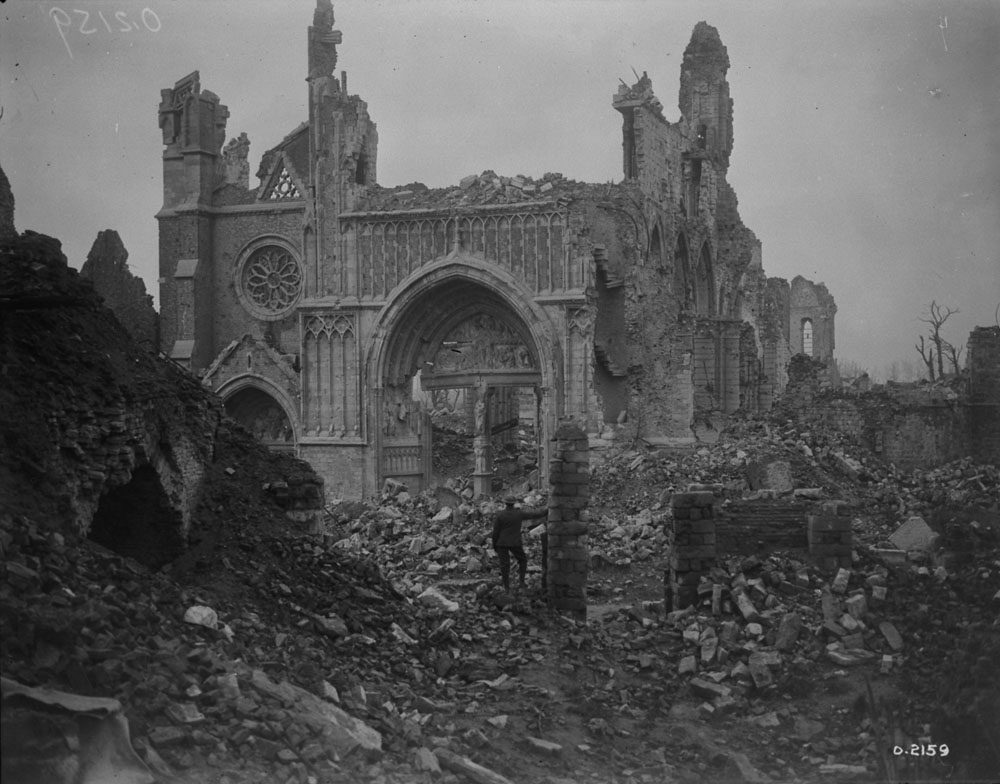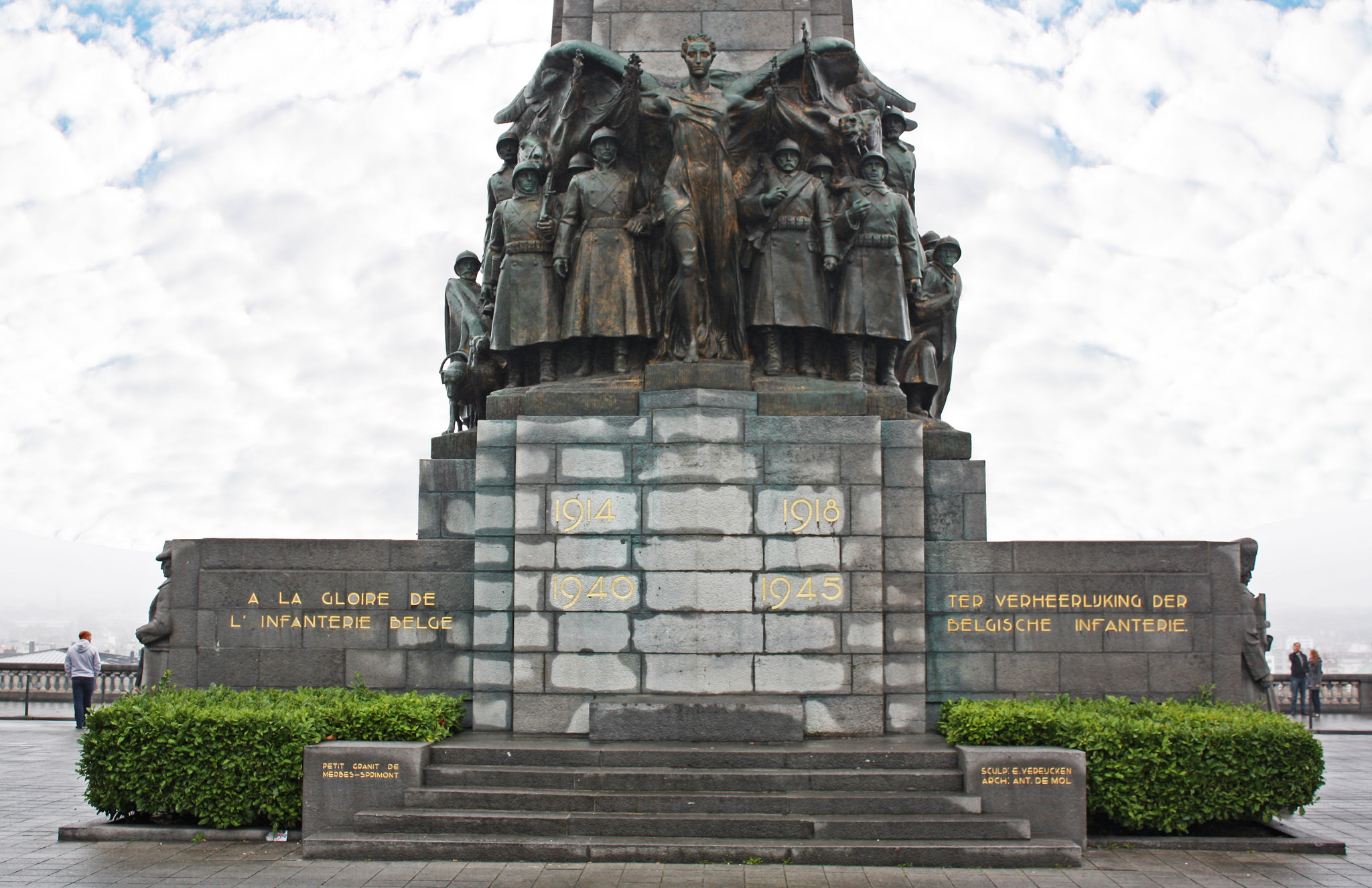Reviewed by Alison Fell
Mark Connelly’s wonderful new book would make a great companion for a tramp across the Western Front battlefields. It draws on an impressive range of primary sources: maps, letters, diaries, novels, press articles, battlefield guides and, of course, postcards, to evoke the landscapes of Northern France and Belgium that had been so devastated by the war. The landscape constitutes the point of connection between past and present, and makes you aware not only of the ghosts of soldiers who tramped the same battlefields, but of the thousands of ‘pilgrims’ – mourners, veterans and tourists – who followed in their footsteps.
Leave a Comment




